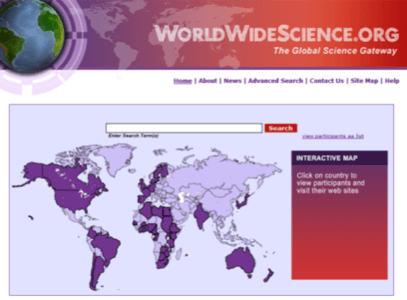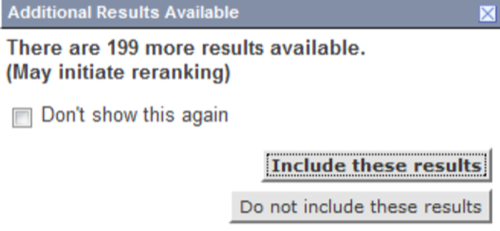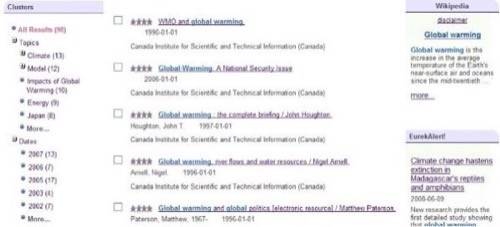Need to get access to real scientific data but having trouble finding any relevant search results in Google? That could be because a lot of the science and technology documents on the web aren’t typically indexed by major search engines. They’re a part of the “deep web,” the repository of web pages usually generated by database-driven sites that search engines’ spiders can’t access. One resource to help open up the deep web for scientific research is WorldWideScience. This portal allows you to query more than 200 million documents not typically indexed by today’s search engines.

About WorldWideScience
WorldWideScience is a science portal developed and maintained by the Office of Scientific and Technical Information (OSTI), an element of the Office of Science within the U.S. Department of Energy. The WorldWideScience Alliance, a partnership consisting of participating member countries provides the governance structure for the WorldWideScience.org portal.
When it debuted back in June 2007, it linked to 12 databases from 10 countries. Today, the portal links to 32 national, scientific databases and portals from 44 different countries.

WorldWideScience Homepage
How To Use WWS
To use the portal, you just enter a search term, as you would with any search engine and click “search.” An advanced search feature lets you specify more details like title, author, or year, and lets you specify which databases to query.
Unlike Google, where results are ranked based on an algorithm that essentially displays items by popularity, WorldWideScience provides only authoritative scientific information by relevance – a ranking that is noted by the number of stars next to the result. The higher the number of stars, the more relevant the result.
Another difference between WWS and other search engines is that WorldWideScience’s results are retrieved in real time. So, as you search and results come in, you may see a box appear with a “include these results” button. Clicking this will update the list with the latest information.

On your search results page, there are several features that make finding the answers you need easy to do. On the left, are “clusters,” which let you narrow down a broad subject by specifying topics or dates. On the right, a snippet from Wikipedia provides a quick definition and link to an article about the subject you queried. Below that, a “EurekAlert!” section provides links to relevant articles from EurekAlert!, an online, global news service operated by AAAS, the science society. EurekAlert! is like a PR news wire for scientific research, providing a central place through which universities, medical centers, journals, government agencies, corporations and other organizations can bring their news to the media.

WorldWideScience Search Results
The WorldWideScience portal is a great resource for anyone looking for the most current findings from fields such as technology, energy, medicine, agriculture, environment, and more. You don’t have to be a student, professor, or researcher to enjoy the richness of the data provided, either, as WWS has been designed to be easy enough for anyone to use. You can try it out for yourself here: worldwidescience.org
















